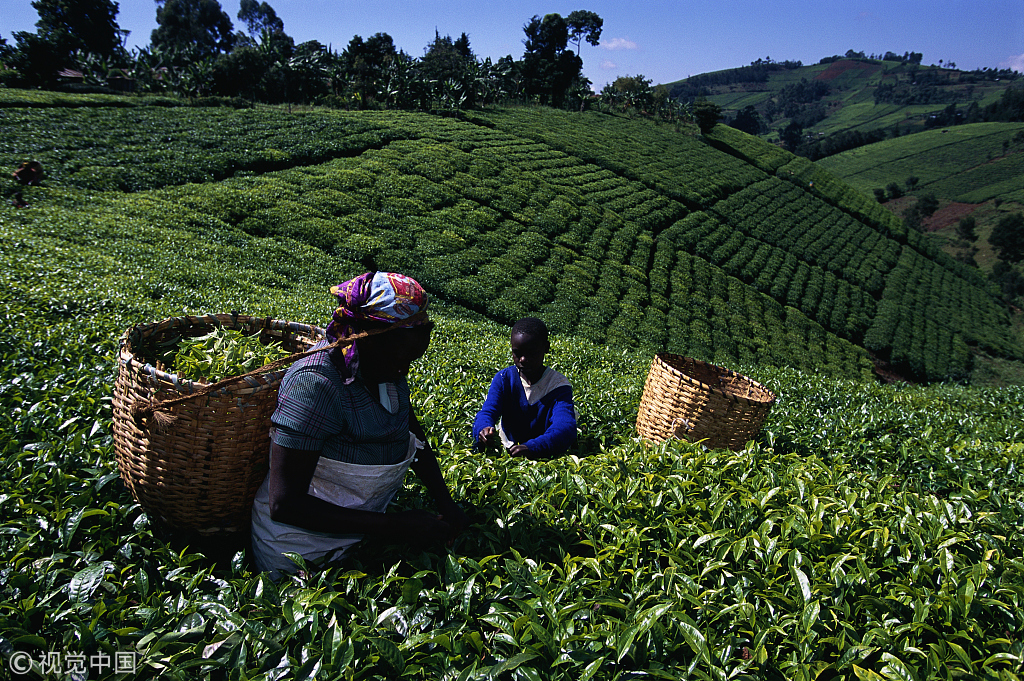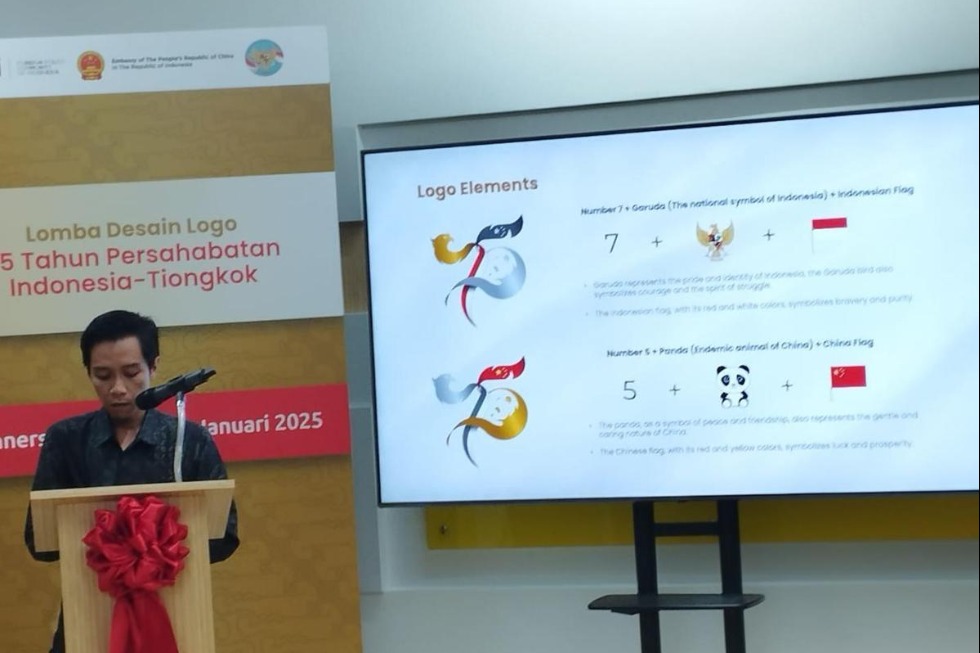Kenya keen to export tea and coffee to Chinese market


As several countries from across the globe gather in Shanghai's National Exhibition and Convention Centre on November 5-10, 2018, to showcase their produce in the first-ever China International Import Expo (CIIE), Kenya is keen to introduce its premium tea and coffee to the lucrative Chinese market.
The East African country is optimistic to increase the volume of its tea exports to China, which currently stands at 1 million kilograms per annum. Kenyan tea, which is the country's major foreign exchange earner, has won international acclaim for its taste and aroma.
According to Edward Mudibo, the managing director, East African Tea Trade Association, the expo offers Kenya a promotional activity to raise the profile of its high premium tea.
Mudibo said the Kenyan tea has gained recognition as a high premium tea in some markets such that the importers keep track of the auction trends on a weekly basis and always make purchase orders for a specific plantations or garden marks.
"We see China as an emerging market because the millennial that were used to taking green tea have little exposure to Black CTC tea that is primarily the type that Kenya produces," he said.
Mudibo said the Chinese market is huge not only with the citizenry but also the growing expatriate community.
He said the trends in both the volume and value of tea exported to China indicates that there hasn't been much growth over the past 7 years. Whereas the volume of Kenyan tea exported to China was 2,112,197 kilograms in 2011 it declined to 1,032,751 kilograms in 2017. The value dropped from $6.1 million to $3 million over the same period.
"The balance of trade between China and Kenya was $3.8 billion in favor of China. The average over the last 10 years is slightly less than $1.2 billion. Export of tea to China could therefore be one of the options of bridging the gap," Mudibo said.
To increase tea exports to China, Mudibo says Kenyan tea exporters should enter into joint ventures with partners in China, in order to penetrate the market. Noting that language barrier is one of the challenges that hinders tea from Kenya to get a foothold in China, he is of the opinion that the tea packaging should be translated into Mandarin.
Another factor is for Kenya to obtain Least Developed Countries (LDC) status or alternatively to seek a form of bilateral agreement that confers special market entry duty rate from the standard 15 percent to the preferential 7.5 percent.
Anthony Muriithi, the Interim Director General, Agriculture and Food Authority (AFA), said through participation in the expo, Kenya envisages to tap into the huge Chinese market through enhanced campaigns to promote its Arabica Coffee particularly value added one.
"Kenya has organized a trade forum that will bring together buyers from China and sellers from Kenya to discuss business through break away sessions, match making and business to business meetings. This will give opportunities to our exporters to create linkages and business with China buyers," he said.
Through the expo, Muriithi said Kenya will establish market linkages for its coffee, as well as increase volume of its coffee exports to China.
The increased exports of coffee to China will also benefit farmers through getting improved revenues as a result of enhanced alternative coffee market rather than overreliance on traditional markets.
"Opening up China market for Kenyan coffee means increased demand. This will give farmers opportunity to negotiate for better prices and improved coffee prices will result to increased foreign exchange earnings," Muriithi said.
Traditionally China was known for instant coffee consumption but the demand for freshly roasted and ground coffee is growing.
China is one of Kenyan emerging markets. In 2016/2017, China imported 1,448 bags of coffee valued at $671,798 and in 2017/2018 it imported 2,447 bags valued at $ 921,103.
Muriithi said there is a huge untapped potential considering that China's population is the largest globally, estimated at 1.4 billion.
He said Kenyan coffee is rich in acidity and flavour, full body, deep sensual aroma, hints of chocolate, floral and citric undertones. It is selectively handpicked and processed by washing and sun drying. This makes Kenya coffee unique.

































